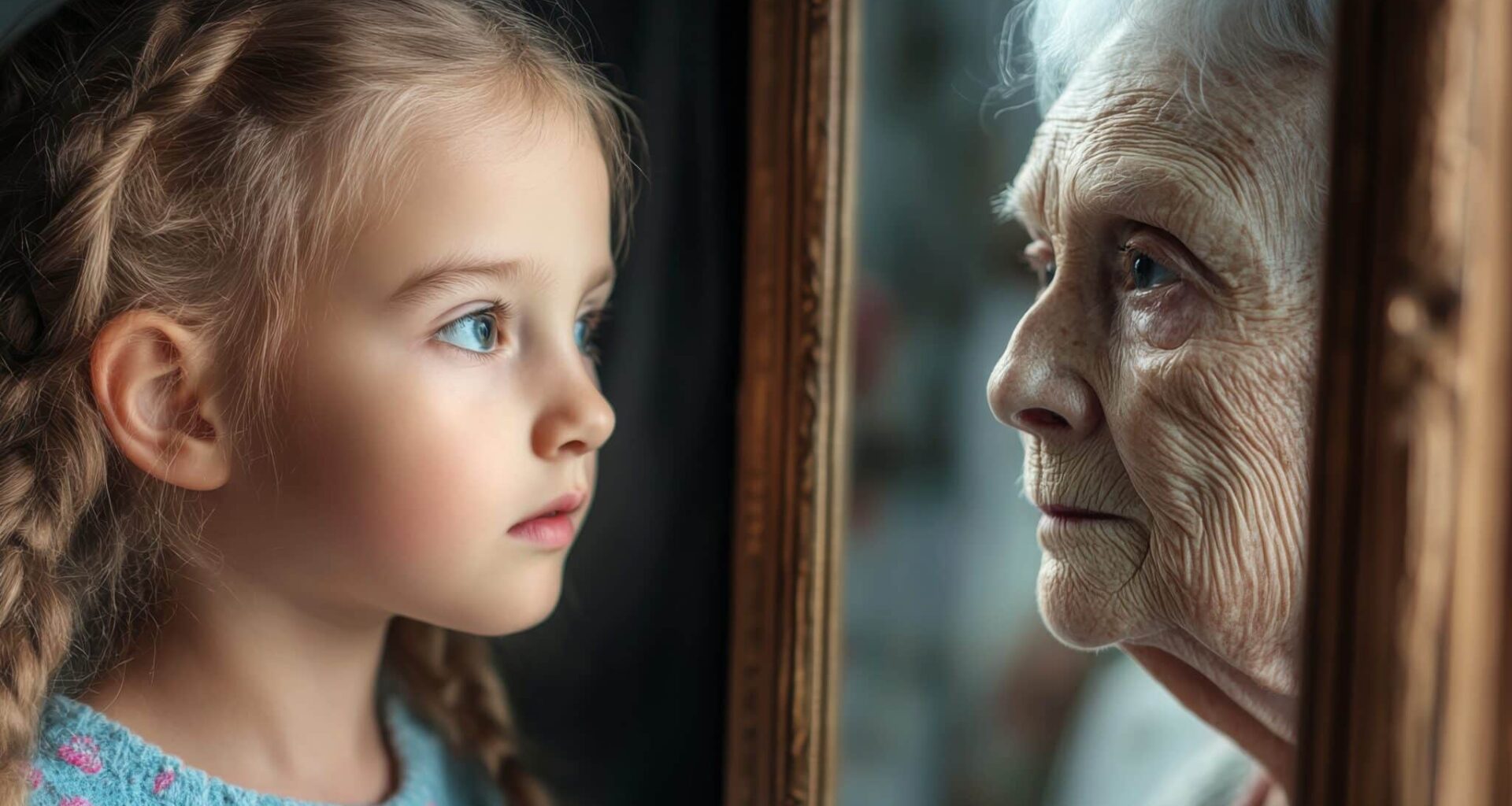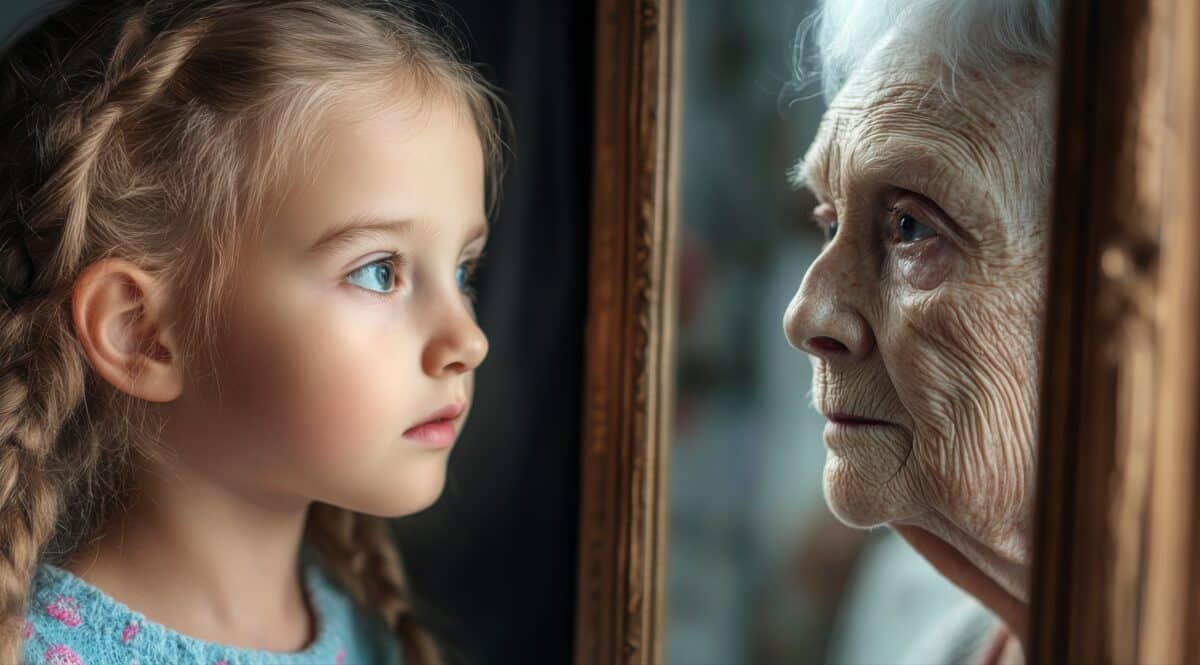Individuals who have experienced memories of another life are at a significantly higher risk for mental health disorders. (© Bambalino Studio – stock.adobe.com)
In A Nutshell
- Nearly half of Brazilian adults who report past-life memories screened positive for symptoms of depression, anxiety, or PTSD at rates higher than many high-stress groups.
- 71% reported childhood phobias, far above typical rates, with most persisting into adulthood. Some linked fears to how they believed they died in past lives.
- While unusual desires and phobias predicted poorer mental health, spirituality and positive religious coping often improved outcomes, suggesting faith can buffer distress.
JUIZ DE FORA, Brazil — Adults who say they remember previous lives are reporting unusually high levels of mental health disorders at rates far above what is typically seen in the wider public and even in many high-stress professions, according to new research from Brazil.
The national survey of 402 adults found that nearly half screened positive for common mental health symptoms such as depression and anxiety, while almost four in ten showed signs of post-traumatic stress disorder (PTSD). By comparison, past studies of trauma survivors have reported lower levels of PTSD; for example, 17.8% in Gaza, 28.4% in Cambodia, and 37.4% in Algeria. Brazilian firefighters, who regularly face dangerous and traumatic events, showed rates between 3.5% and 12.9%.
The researchers caution that these are screening results, not formal diagnoses, but they emphasize that the unusually high rates deserve closer attention. “These findings suggest that adults who claim [past-life memories] and report phobias and philias in childhood have a higher chance of reporting high levels of depressive and anxiety symptoms,” the authors wrote in their paper published in The International Journal for the Psychology of Religion. “They may be a population in need of mental health care, considering they are more likely to have [common mental disorders].”
Childhood Fears That Never Fade
One of the most striking findings came from participants’ childhoods. An overwhelming 71% said they had unexplained phobias as children compared with about 7.4% in a global research cohort and 12.5% in a Brazilian cohort. Even more striking, 71% of those childhood fears carried into adulthood.
Many linked their fears to how they believed they had died in a past life. One woman who said she had lived in Prussia described panicking as a child whenever she heard planes overhead. She would run inside shouting, “Plane! Run!” and hide under her bed, waiting for an explosion that never came. She later connected the fear to memories of wartime bombardments.
Beyond fears, about 30% of participants reported unusual urges or desires at a very young age, such as cravings for tobacco, alcohol, or even early sexual behaviors. One participant believed she had been a psychopathic man in the 17th century and recalled experiencing desires for tobacco and sex starting at age 4.

Who Reports Past-Life Memories?
The people who reported past-life memories looked very different from Brazil’s population at large. More than half (54.5%) identified as Spiritists, a religion that embraces reincarnation, compared to only about 2% of Brazilians overall. Two-thirds (68%) held college degrees, compared with just 16% of the general Brazilian population. Nearly eight in ten were women, and 93% said they believed in reincarnation.
The memories themselves often began spontaneously in late adolescence or early adulthood, around age 20 on average. They spanned from prehistoric times to the 20th century and across 23 different regions of the world. Most stories described ordinary, often difficult lives filled with hardship, not glamorous pasts. About half of participants (54%) also reported birthmarks or physical marks they believed matched fatal wounds from previous lives.
Faith’s Complicated Role in Mental Health
Religion and spirituality played a double-edged role. On the one hand, unusual childhood desires and lingering phobias strongly predicted worse mental health. On the other, most spiritual practices seemed to protect against poor outcomes.
People who reported higher levels of spiritual practice, forgiveness, and positive religious coping strategies tended to score better on happiness and mental health scales. In contrast, those who used negative religious coping, such as feeling abandoned by God or believing their suffering was divine punishment, had worse mental health.
Having a belief system to make sense of strange experiences may reduce distress, the authors suggest. “We may hypothesize that the lack of a cognitive framework and a social context that accepts and makes sense of past-life memories may explain part of the distress we found in this population,” they wrote.
Interestingly, Spiritism teaches that forgetting past lives is a blessing meant to prevent unnecessary suffering. This suggests the memories were not simply products of religious teaching.
An Overlooked Mental Health Issue
The researchers stress that their work doesn’t prove or disprove the reality of past-life memories. Instead, it highlights a population experiencing unusually high rates of psychological distress.
“To our knowledge, this is the first nationwide survey about past-life memories among adults,” the authors noted. Nearly half of participants said their memories influenced their lives, with more describing negative effects than positive ones.
Whether these memories represent something real or purely psychological, the people who report them are struggling. The authors argue that clinicians should be more aware of the issue and that more research is needed to understand how best to support individuals reporting these experiences.
Disclaimer: This study does not prove or disprove the reality of past-life memories. It relied on self-reported data and psychological screening tools, not clinical diagnoses. The findings highlight a need for more research into the mental health of people who report these experiences. Readers should interpret the results cautiously.
Paper Summary
Methodology
An online survey conducted between March 2019 and March 2021 recruited 402 Brazilian adults who reported past-life memories. Participants answered questions about demographics, past-life memory features, mental health symptoms, happiness, and spirituality using validated screening tools.
Results
- 46% screened positive for symptoms of common mental disorders (CMD)
- 39% screened positive for PTSD symptoms
- 71% reported childhood phobias, with 71% of those persisting into adulthood
- 30% reported unusual childhood desires (“philias”)
- 54% reported birthmarks or defects they linked to fatal wounds in past lives
- Religious/spiritual involvement predicted better mental health, while negative coping predicted worse outcomes
Limitations
Possible selection bias (highly educated sample), cross-sectional design (no cause-and-effect conclusions), cultural specificity, and unknown true prevalence of past-life memories in the wider population.
Funding and Disclosures
This work was supported by the Bial Foundation, Portugal (Grant no. 89/18). The authors reported no potential conflicts of interest. The study was approved by the Ethics Human Research Committee of the Federal University of Juiz de Fora and all participants signed informed consent forms.
Publication Information
Sandra Maciel de Carvalho, Jim Tucker & Alexander Moreira-Almeida (2025): Who Does Report Past-Life Memories? Claimers’ Profile, Religiosity/Spirituality and Impact on Happiness and Mental Health, The International Journal for the Psychology of Religion. DOI: 10.1080/10508619.2025.2521573

